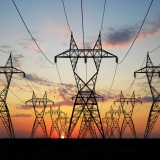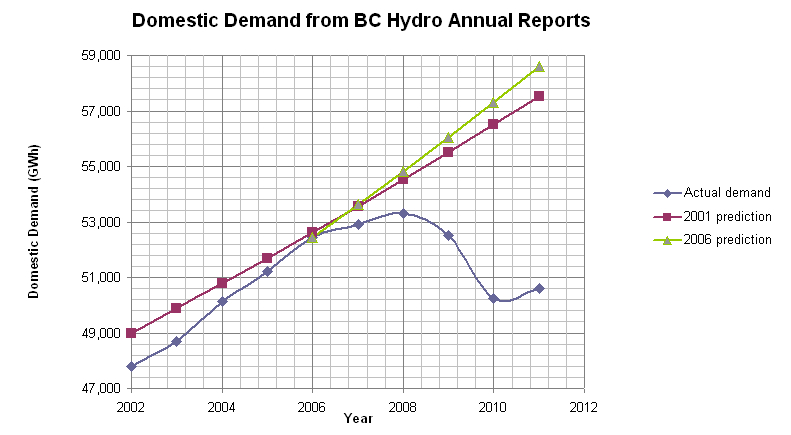Read this op-ed in the Vancouver Sun from Vancouver businessman and Conservative Party of BC candidate Rick Peterson, raising the question of where all the power is going to come from to support the extraordinarily energy-intensive Liquid Natural Gas Plants proposed for BC’s coast. (May 28, 2012)
The Liberal government is pitching Asian investors and buyers on an ambitious plan for a string of proposed LNG plants on the province’s north coast. Premier Christy Clark is saying that the first three of them will be up and running by 2020.
What she’s not saying, though, is how she’ll come up with the huge amounts of electricity required to compress, cool, and liquefy the gas for these new LNG plants. Here’s maybe why: BC Hydro simply doesn’t have the capacity to provide even close to the amount of power required for these projects.
It also has no plan to build or buy the power that would be needed. The first three LNG proposals alone slated for 2020 would require about half of the electricity that’s currently consumed by the entire province.
Through its Canadian subsidiary, Apache Corp., a large U.S. multinational energy giant, and along with partners Encana Corp. and EOG Resources, is proposing to operate the first of the three LNG projects for B.C, to be located in Kitimat. Under the terms of its application, Apache is required to source its electricity from BC Hydro and not ‘self-generate’ power by burning some of its natural gas reserves to create its own energy source.
That’s a nice idea — but how practical is it when B.C., despite having some of the best electricity generating potential in the world, is a net importer of power? And where do we import our power from? From Washington State and Alberta. And how is it generated? By coal-fired power plants, at more than three times the carbon emissions of natural gas generating facilities.
So while the government continues to extol the virtues of requiring our new industry to purchase ‘clean’ electricity from BC Hydro, the planners are quietly working on plans to import more coal-fired electricity from out of province. Go figure.
If you go to Google Earth and look at the Pacific North West and Alberta, you’ll see no borders. Pollution and carbon emissions know no borders as well. Our policies should reflect this.






